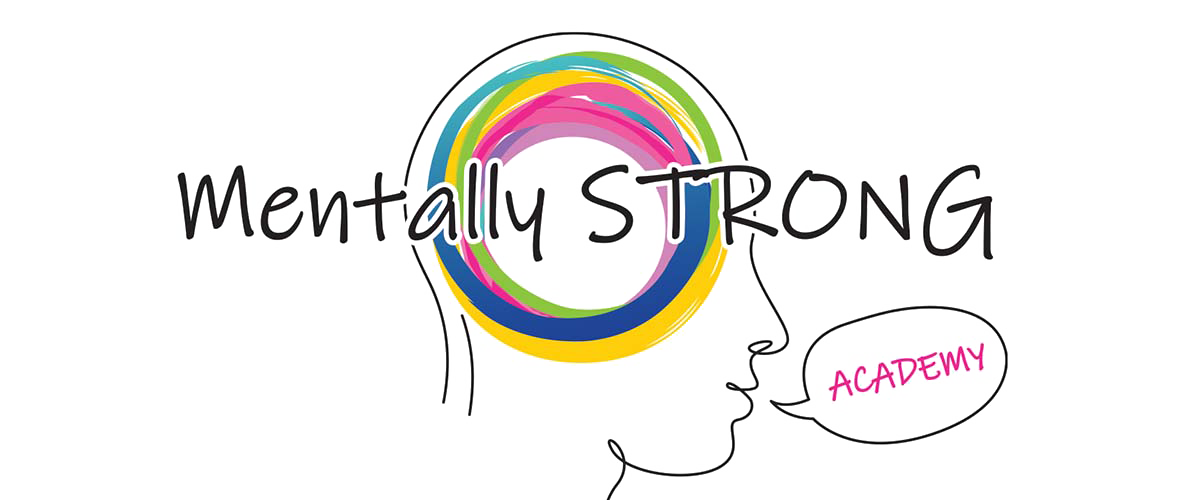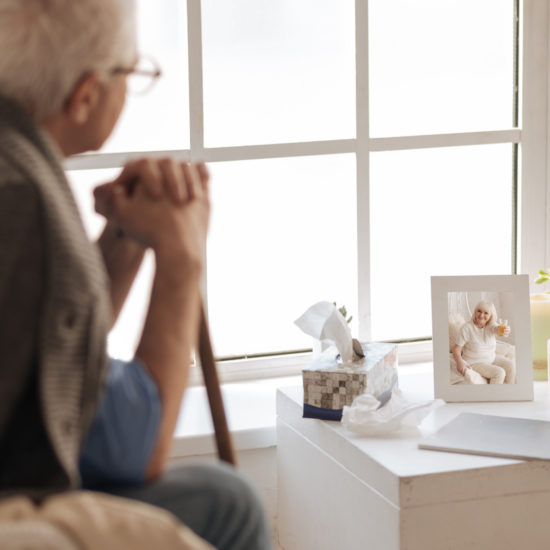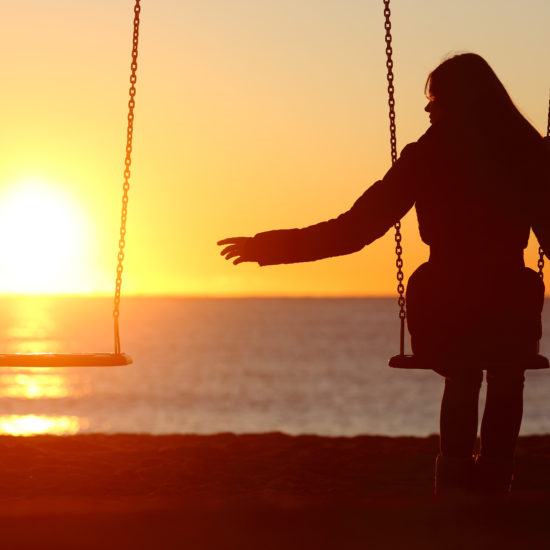Understanding Grief Through the Dual Process Model

The death of a loved one can be one of the most challenging experiences that a person can go through. It is natural to feel overwhelmed and confused by the many intense emotions that come with grief. Fortunately, there is a model to help people understand their suffering to better cope with the pain and start healing. This model is called the dual process model of grief. Let’s look at what it is and how it can help us in our grieving process.
What is the Dual Process Model?
The dual process model by two Dutch psychologists, Stroebe and Schut, explains how people process grief over time. According to this model, grieving occurs in two distinct stages: active grieving and recovery. Active grieving includes all the activities related to mourning for someone who has passed away, such as attending funeral services, visiting gravesites, or talking about memories shared with the deceased person. Recovery is when you actively engage in life again while still remembering your lost loved one. It may include re-establishing old hobbies or developing new ones, working on self-care routines such as exercise or yoga, or spending time with family and friends suffering from loss.
Grieving and Recovery
The dual process model suggests that these two stages repeatedly occur throughout our lives as we mourn our losses. We move between active grieving and recovery until we eventually come to terms with our loss and accept it as part of life’s journey. This model helps us understand how we might experience grief over time – sometimes feeling overwhelmed by sadness or guilt but also having moments of joy or peace – because both stages are necessary components of the healing journey.
Grief is Personal
Though no amount of knowledge can make up for the loss of a loved one, understanding how grief works can provide some solace during difficult times. The dual process model provides an insightful look into how people grieve and reminds us that there is no “right” way to mourn. Dr. Cristi Bundukamara explained this process in her own words and experience as a psychiatric nurse professional and as a mother who experienced grief in losing her children.
Find Support
If you have recently experienced the death of someone close to you, know that you do not have to do it alone. Reach out for support when needed so you can find strength even in your darkest hour! We need to take many paths on our journey toward acceptance while allowing ourselves time for active grieving and recovery.


